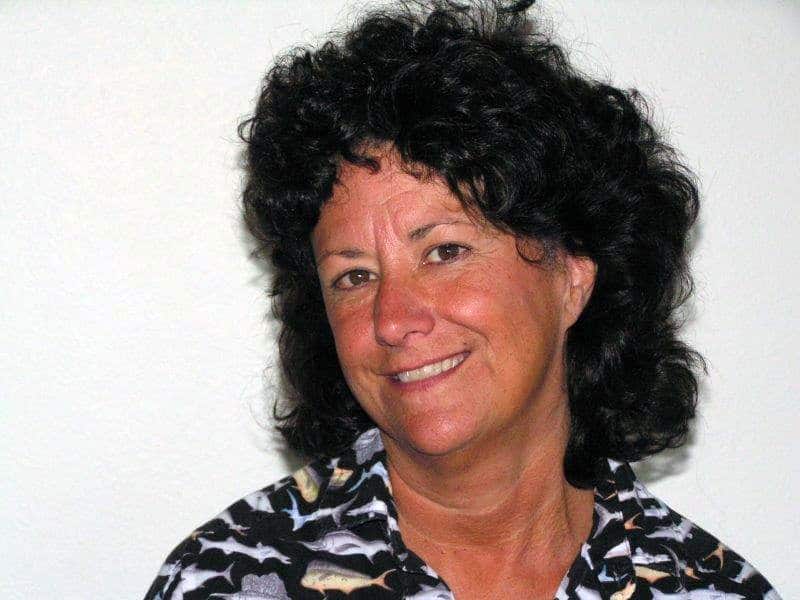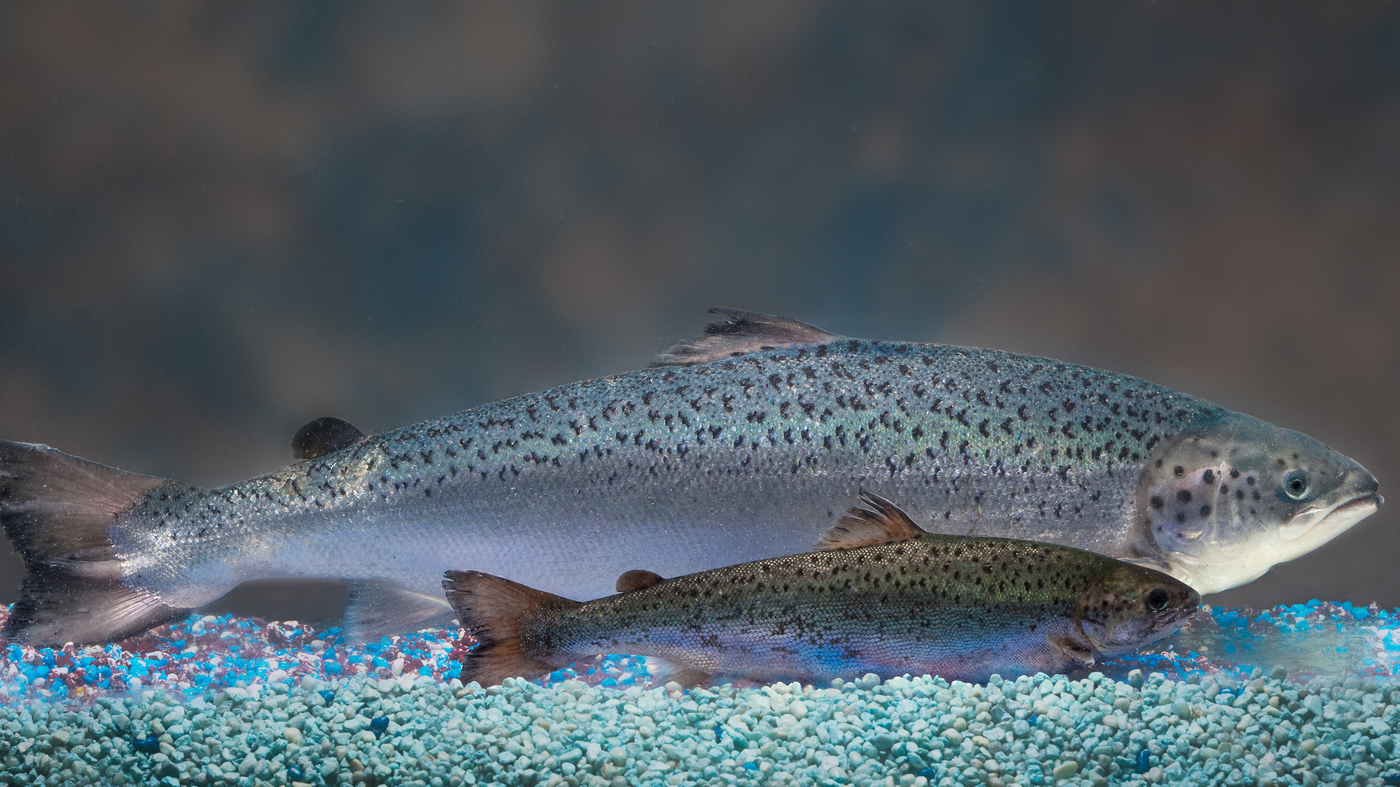Despite an outpouring of nearly 2 million messages opposing genetically modified salmon, the Food and Drug Administration gave it the nod in 2015. That followed a more than 20-year push by AquaBounty Technologies of Massachusetts for approval of what will be the first GM animal cleared for human consumption.
Health Canada approved the fish for consumption last year, saying fillets derived from so-called AquAdvantage salmon "are as safe and nutritious as fillets from farmed Atlantic salmon."
Lab technicians at Prince Edward Island currently are creating fertilized Atlantic salmon eggs that include growth-enhancing DNA from two other fish that make them grow twice as fast as natural salmon.
The eggs will be shipped to growing tanks in Panama, and then transferred to a land-based aquaculture system in Albany, Indiana. A second facility also is planned for Canada.
AquaBounty said they plan to produce 1,300 tons of Frankenfish annually starting in 2018.
Meanwhile, last week a bipartisan group of U.S. Senators from Alaska, Washington and Oregon filed a Genetically Engineered Salmon Labeling Act that would require any manmade salmon to be labeled as such.
The act also requires an independent third-party review of the environmental assessment process within the FDA.
“The primary purpose of this bill is to ensure that consumers have all the facts and can make an informed decision when they are purchasing salmon,” said Sen. Lisa Murkowski (R-Alaska). “There’s a huge difference between ‘Frankenfish’ and the wild, healthy, sustainably caught, delicious real thing — and I want to make sure folks are aware of that. I will not accept that this ‘fake fish’ will be sold in stores without clear labeling.”
“Additionally, this bill would create a much-needed review of the environmental assessment process within the FDA for the approval of these new species that are being created in labs,” Murkowski added.
No matter how it pans out, the salmon could be a tough sell. More than 80 grocery chains and restaurants have stated they will not sell the genetically modified fish.







